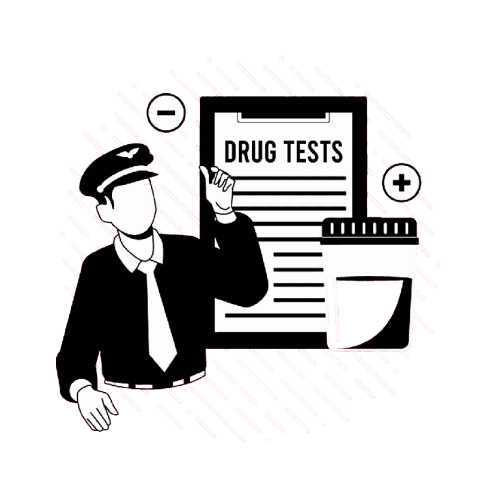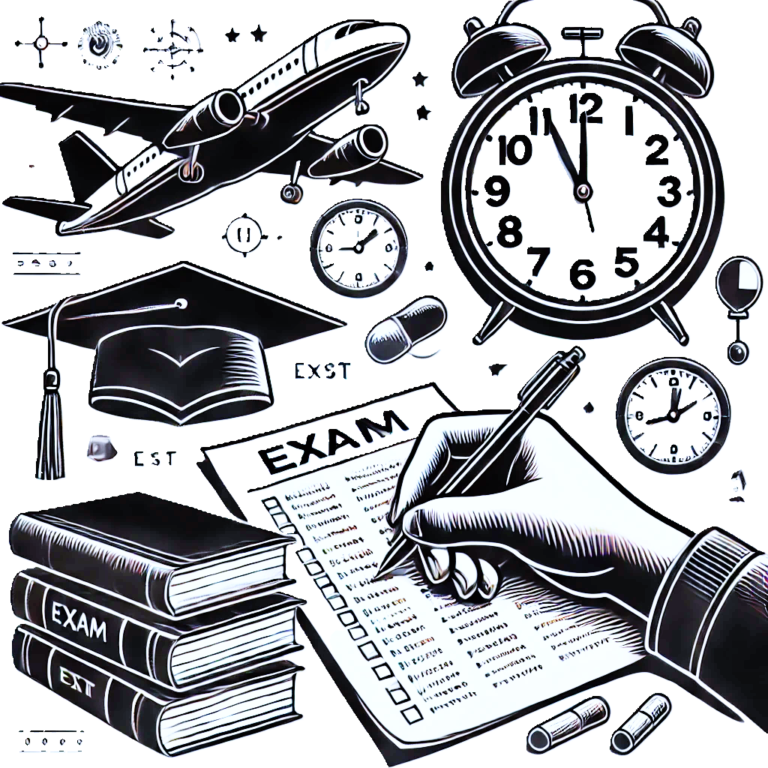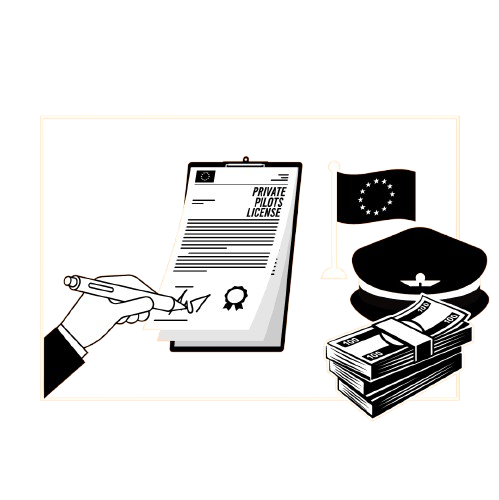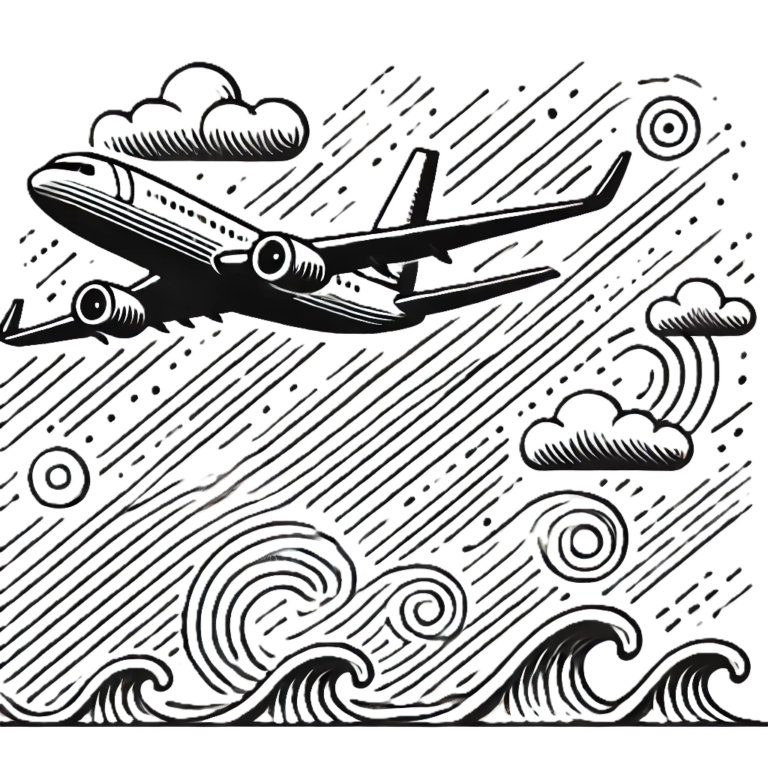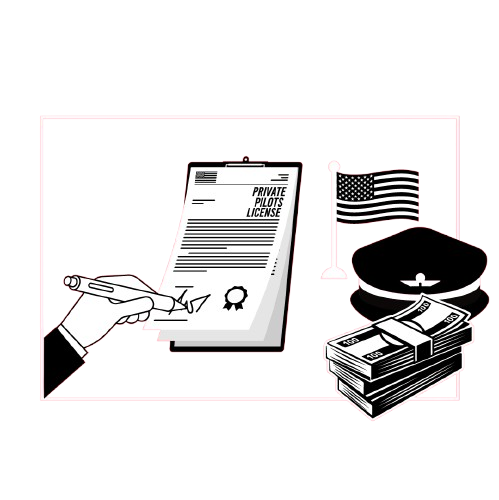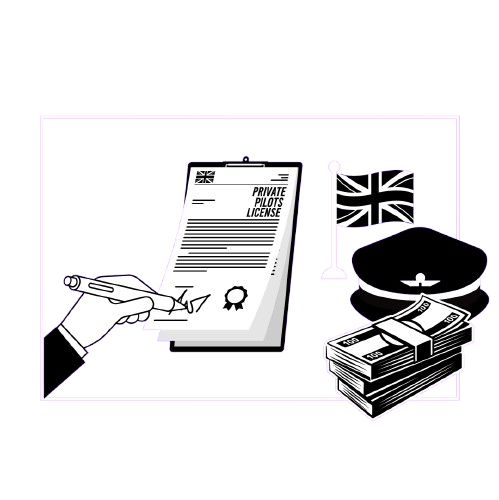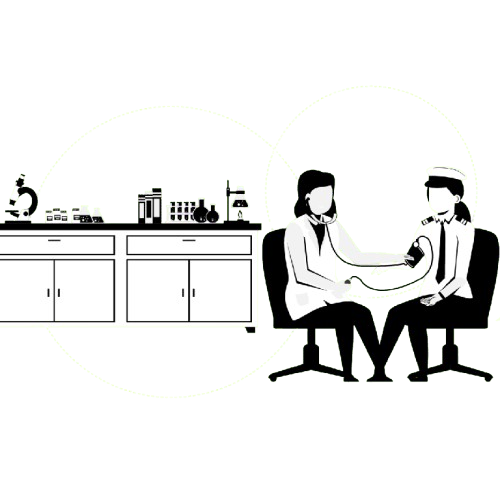Do Pilots Get Drug Tested?
Yes, airline pilots do get drug tested.
Pilots are subject to several types of testing, including pre-employment, random testing, reasonable suspicion, post-accident, and return-to-duty drug testing.
What Is Tested?
The types of testing for pilots during a drug test include marijuana, cocaine, amphetamines, and opiates. The test can be conducted using a urine sample, a blood sample, or a hair sample, depending on the type of test being conducted.
Why Do Airline Pilots Get Drug Tests?
Airline Pilots are held to a high standard in maintaining their physical and mental health, as they are responsible for the safety of the passengers and crew on board their flights.
One way this standard is upheld is through drug testing conducted on pilots to ensure they are not impaired while on the job.
Drug testing for pilots is regulated by the Federal Aviation Administration (FAA) and is conducted according to the guidelines outlined in the FAA’s drug and alcohol testing program.
The program is designed to detect and deter the use of illegal drugs and the misuse of alcohol by pilots.
What Happens If A Pilot Fails A Drug Test?
Pilots who provide positive drug tests or alcohol tests are subject to disciplinary action, including suspension or termination of employment.
In addition, pilots who test positive for drugs or alcohol are required to complete a rehabilitation program before they are allowed to return to work.
What Else Is Done In This Safety-Sensitive Industry?
While drug testing is an important part of maintaining air travel safety, it is not the only measure taken to ensure that pilots are fit to fly.
Pilots are required to maintain a Class One Medical Certificate.
This yearly, or six monthly medical if over a certain age, is carried out by an Aviation Medical Examiner (AME) or Medical Review Officer and will ensure a pilot is still healthy enough to fly.
Pilots will be tested for multiple things, such as urine tests, eyesight tests, hearing tests and much more.
They must also pass regular flight proficiency checks to ensure that they can operate an aircraft safely.
To Summarise
By ensuring that pilots are not impaired while on the job, we can help to prevent accidents and ensure that passengers and crew members are safe during their flights.
Ultimately, it is a pilot’s responsibility to ensure that he or she maintains a healthy lifestyle, avoiding drugs and limiting alcohol consumption whilst maintaining a well-balanced diet and good exercise and sleep routine.

